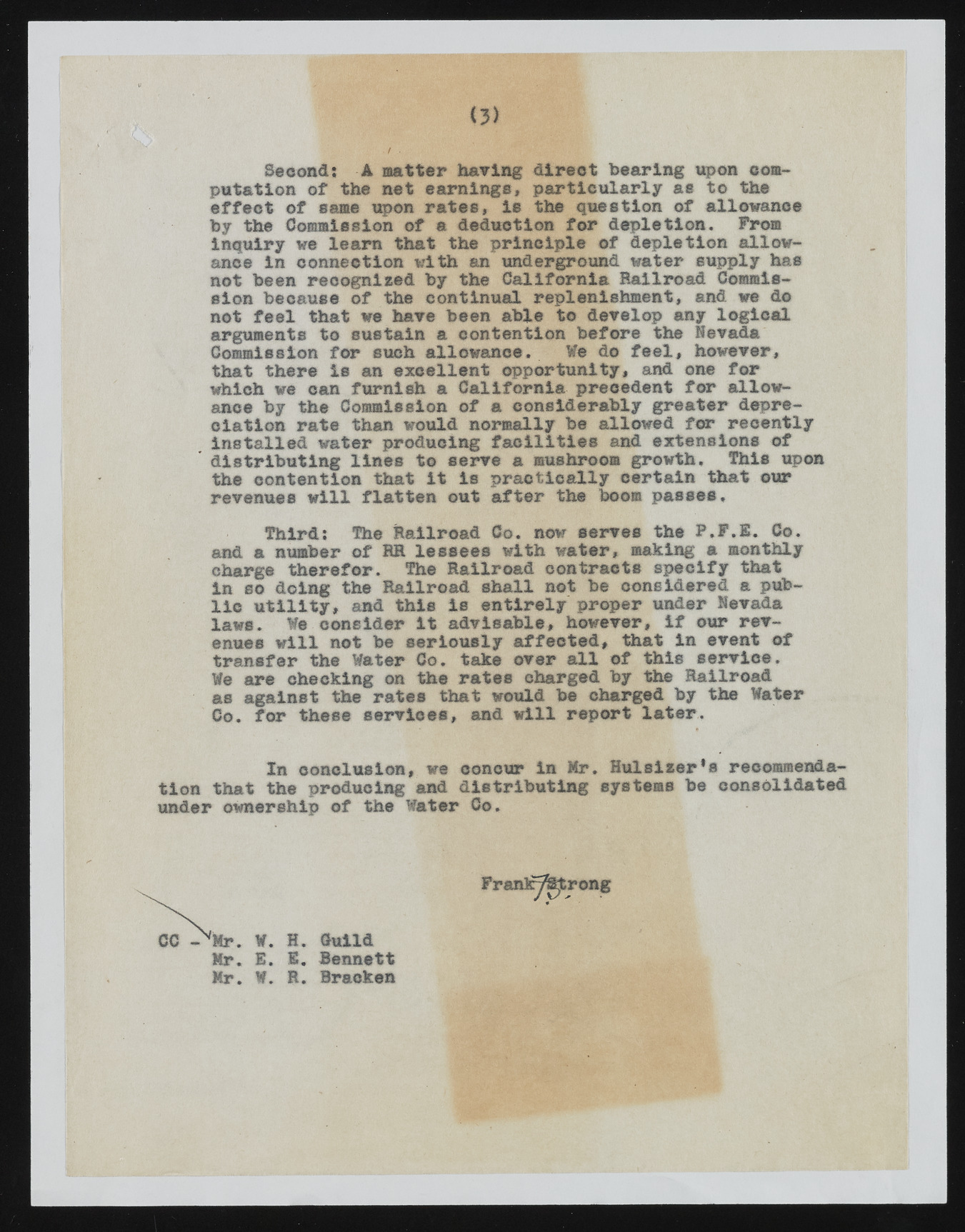Copyright & Fair-use Agreement
UNLV Special Collections provides copies of materials to facilitate private study, scholarship, or research. Material not in the public domain may be used according to fair use of copyrighted materials as defined by copyright law. Please cite us.
Please note that UNLV may not own the copyright to these materials and cannot provide permission to publish or distribute materials when UNLV is not the copyright holder. The user is solely responsible for determining the copyright status of materials and obtaining permission to use material from the copyright holder and for determining whether any permissions relating to any other rights are necessary for the intended use, and for obtaining all required permissions beyond that allowed by fair use.
Read more about our reproduction and use policy.
I agree.Information
Digital ID
Permalink
Details
More Info
Rights
Digital Provenance
Publisher
Transcription
(3) f . Second; A witter having direct bearing upon computation of the net earnings, particularly as to the effect of same upon rates, is the question of allowance by the Commission of a deduction for depletion. From inquiry we learn that the principle of depletion allowance in connection with an underground water supply has not been recognised by the California Railroad Commission because of the continual replenishment, and we do not feel that we have been able to develop any logical arguments to sustain a contention before the Nevada Commission for such allowance. We do feel, however, that there is an excellent opportunity, and one for which we can furnish a California precedent for allowance by the Commission of a considerably greater depreciation rate than would normally be allowed for recently installed water producing facilities and extensions of distributing lines to serve a mushroom growth. This upon the contention that it is practically certain that our revenues will flatten out after the boom passes. Third; The Railroad Co. now serves the P.F.E. Co. and a number of HR lessees with water, making a monthly charge therefor. The Railroad contracts specify that in so doing the Railroad shall not be considered a pub- lie utility, and this is entirely proper under Nevada laws. We consider it advisable, however, if our revenues will not be seriously affected, that in event of transfer the Water Co. take over all of this service. We are checking on the rates charged by the Railroad as against the rates that would be charged by the Water Co. for these services, and will report later. In conclusion, we concur in Mr. Hulsiser*s recommendation that the producing and distributing systems be consolidated under ownership of the Water Co. CC -Mr. W. H. Guild Mr. E. E. Bennett Mr. W. R. Bracken

